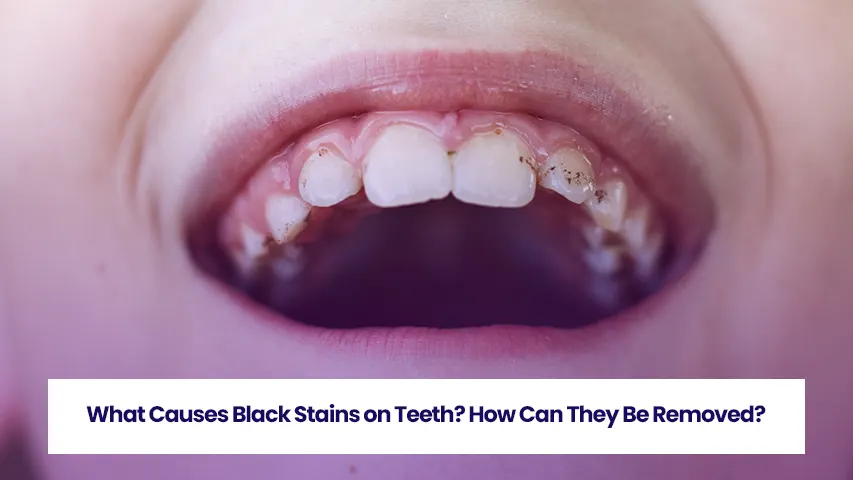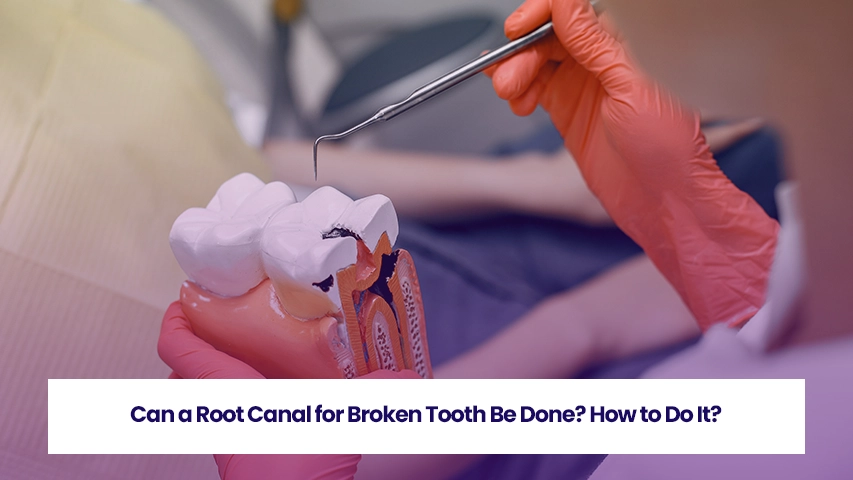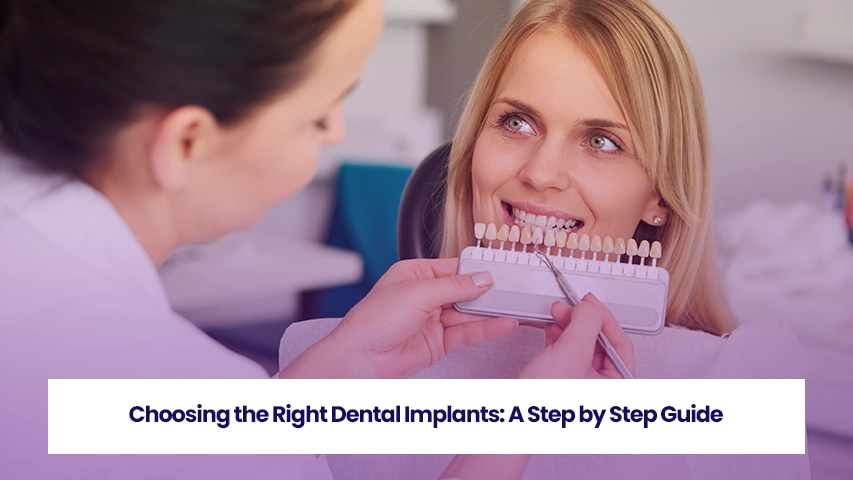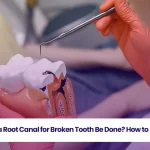
Can a Root Canal for Broken Tooth Be Done? How to Do It?
12 November 2025What Causes Black Stains on Teeth? How Can They Be Removed?
Having a bright, white smile is something many people desire, but black stains on teeth can often get in the way. Whether they show up unexpectedly or develop over time, these stains can be frustrating and hard to ignore. If you’ve noticed dark spots or stains on your teeth, you’re not alone, and the good news is, there are plenty of ways to address them.
In this article, we’ll explore the causes of black stains on teeth, how to remove black stains from teeth, and the best methods for preventing future staining. Let’s dive in!
Common Causes of Black Stains on Teeth
Understanding the stains on teeth causes and solutions starts with identifying what leads to these stubborn marks. Black stains can appear due to a variety of reasons, and some of them are easier to treat than others. Here are some of the most common reasons:
- Poor Dental Hygiene: If you’re not brushing or flossing regularly, plaque can build up on your teeth, leading to black tooth stains. Plaque can harden into tartar, which is difficult to remove without professional cleaning.
- Staining Foods and Drinks: Certain foods and beverages, like coffee, tea, red wine, and even soy sauce, are notorious for causing tooth stains. These staining foods and drinks for teeth can leave dark marks on your teeth, especially if consumed frequently.
- Tobacco Use: Smoking or chewing tobacco is another leading cause of black stains on teeth. Tobacco contains tar and nicotine, which can lead to significant discoloration over time.
- Medications: Certain medications, like liquid iron supplements, can also contribute to staining. Iron can attach to your teeth and leave behind dark spots if not properly cleaned.
- Age: As we get older, our teeth naturally wear down, and the enamel thins. This exposes the underlying dentin, which can be darker in color, leading to a more pronounced appearance of stains.
- Genetics: Some people are more prone to teeth staining because of the natural color and thickness of their enamel. Those with thinner enamel may notice more staining, even with good dental hygiene.
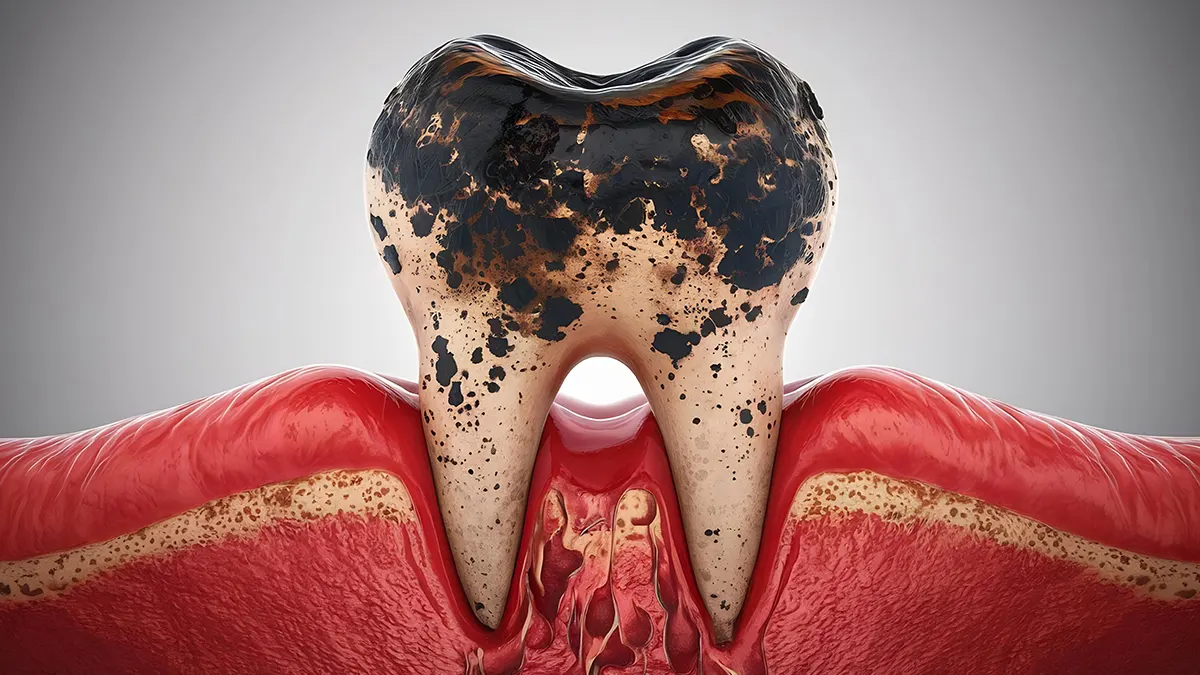
How to Remove Black Stains from Teeth
So, how can you go about removing stubborn tooth stains and reclaiming your pearly whites? There are a few effective strategies to tackle black stains on teeth and restore your smile:
- Teeth Whitening for Black Stains: One of the most common treatments is teeth whitening for black stains. There are many products available, from over the counter whitening strips to professional treatments offered by dentists. These can help to break down the pigments that cause staining and lighten your teeth.
- Dental Stain Removal Tips: One simple tip to try at home is to use a baking soda paste. Mixing a little water with baking soda creates a gentle abrasive paste that can help polish away surface stains. Just be careful not to overdo it, as excessive scrubbing can damage enamel.
- Natural Ways to Remove Teeth Stains: If you’re looking for natural ways to remove teeth stains, some common remedies include using activated charcoal or apple cider vinegar. However, these should be used cautiously, as they can be abrasive or acidic, potentially damaging your teeth with long term use.
- Professional Teeth Stain Removal: For more persistent black stains on teeth, visiting a dental professional for professional teeth stain removal may be necessary. A dentist can provide thorough cleaning to remove tartar and more severe stains, and can even offer stronger whitening treatments that you can’t access at home.
- All on Four or All on Six Dental Implants: In cases of severe tooth loss or damage, full mouth restoration options like all on four dental implants or all on six dental implants can help restore your smile while avoiding future staining.
Preventing Black Stains on Teeth
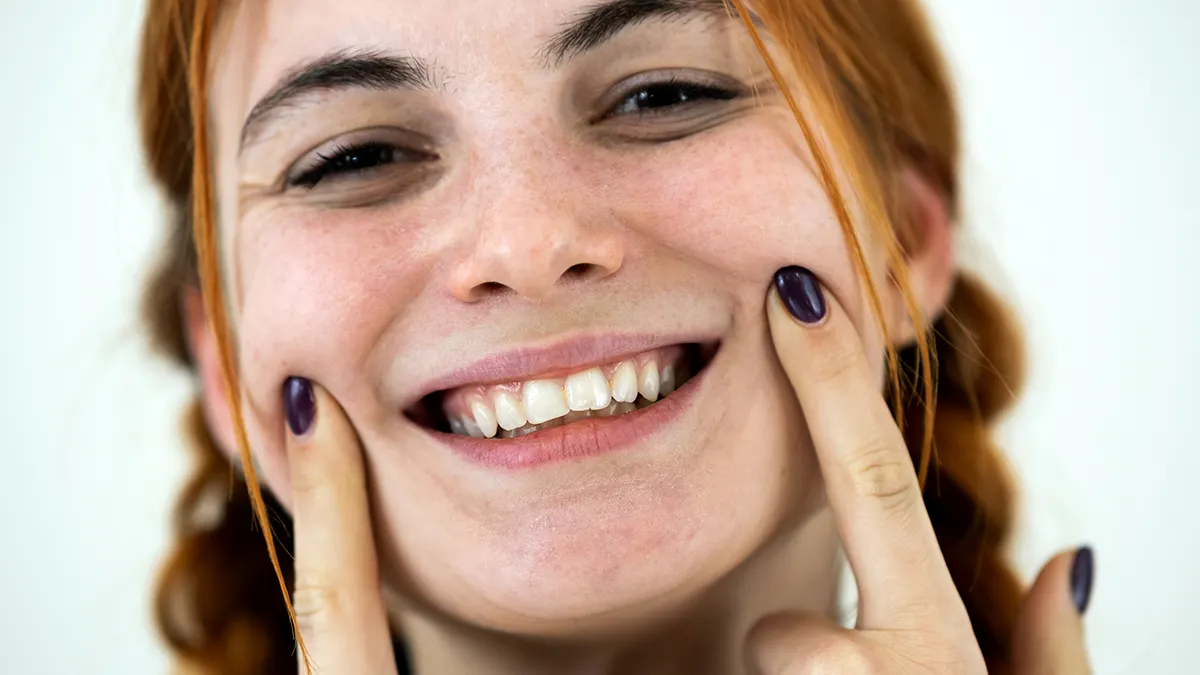
Once your teeth are looking bright again, it’s important to take steps to prevent future stains. Here are some teeth staining remedies and tips for keeping your smile stain-free:
- Proper Dental Hygiene: Brush at least twice a day, floss daily, and visit your dentist regularly for cleanings. Dental hygiene for preventing stains is key in maintaining a white smile and preventing plaque buildup.
- Avoid Staining Foods and Drinks: If you’re prone to staining, try to limit your intake of foods and drinks that are known to cause discoloration. If you do consume them, rinse your mouth with water afterward or brush your teeth.
- Use Whitening Toothpaste: Whitening toothpaste can help maintain your smile and reduce surface stains. Some even contain mild abrasives or chemicals designed to lift stains off the teeth.
- Drinking Through a Straw: When consuming drinks that are likely to stain your teeth, like coffee or soda, try drinking through a straw to reduce contact with your teeth.
- Regular Dental Cleanings: Scheduling regular professional cleanings ensures that plaque doesn’t harden into tartar, which is more difficult to remove and can lead to stains.
Frequently Asked Questions
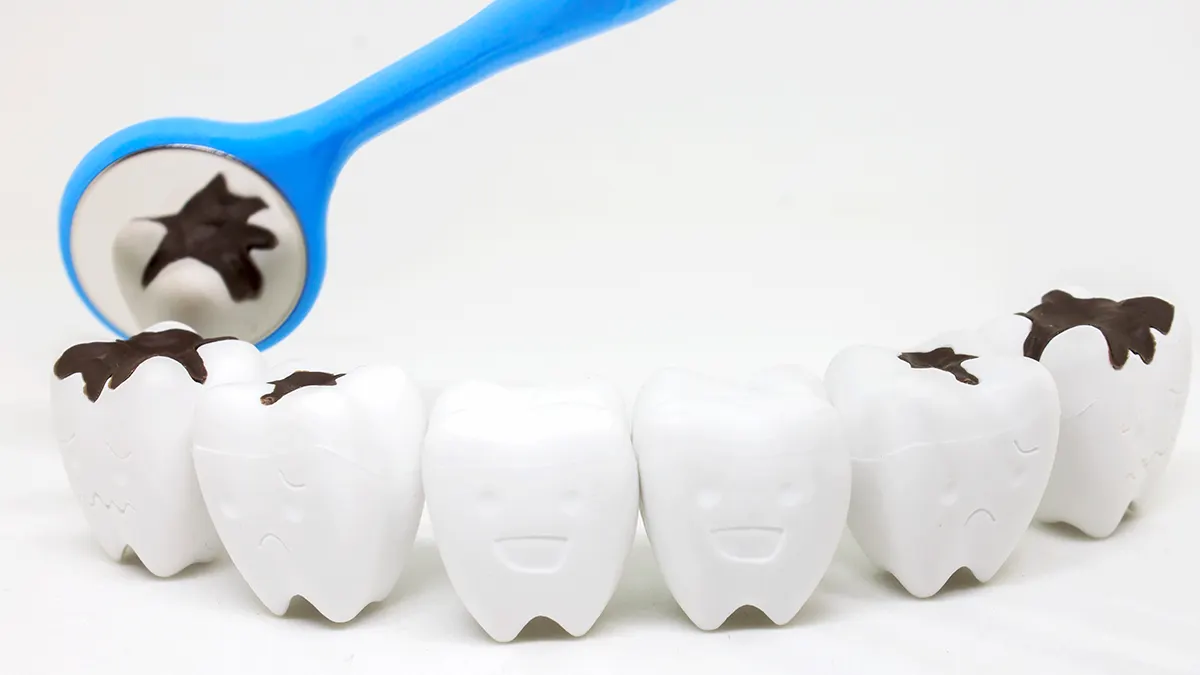
1. Why do I have black stains on my teeth near the gum line even though I brush twice a day?
Even with regular brushing, black stains on teeth can develop due to plaque buildup near the gum line. Plaque can harden into tartar, which is much more difficult to remove with home care alone. A professional cleaning at the dentist is usually needed to remove these stubborn stains.
2. Can iron supplements or liquid iron cause black stains on permanent teeth?
Yes, iron supplements can cause black stains on teeth, especially if they are taken in liquid form. Iron can attach to the surface of teeth, leading to dark marks. To minimize staining, it’s recommended to rinse your mouth with water after taking iron supplements and maintain good oral hygiene.
3. How do dentists remove black tartar stains on molars that don’t come off with regular brushing?
Dentists use specialized tools for dental stain removal tips, such as ultrasonic scalers or hand instruments, to remove tartar and plaque that cannot be removed with regular brushing. These treatments are effective for tackling even the most stubborn stains on molars and other hard to reach areas.
4. Are black spots on a child’s baby teeth always a sign of decay or can it be harmless staining?
While black spots on teeth can indicate decay, they may also be harmless stains caused by food, drinks, or poor brushing. It’s important to have a dentist evaluate the spots to determine whether they are a result of decay or simply staining. Early intervention is key if decay is present.
5. What’s the difference between a tooth turning black from a dead nerve and a tooth stained by coffee or tea?
A tooth that turns black due to a dead nerve, also known as tooth necrosis, typically requires root canal therapy and may eventually need to be crowned. On the other hand, stains from coffee or tea are external and can usually be removed with teeth whitening for black stains or professional cleaning. The former affects the tooth internally, while the latter is superficial.








